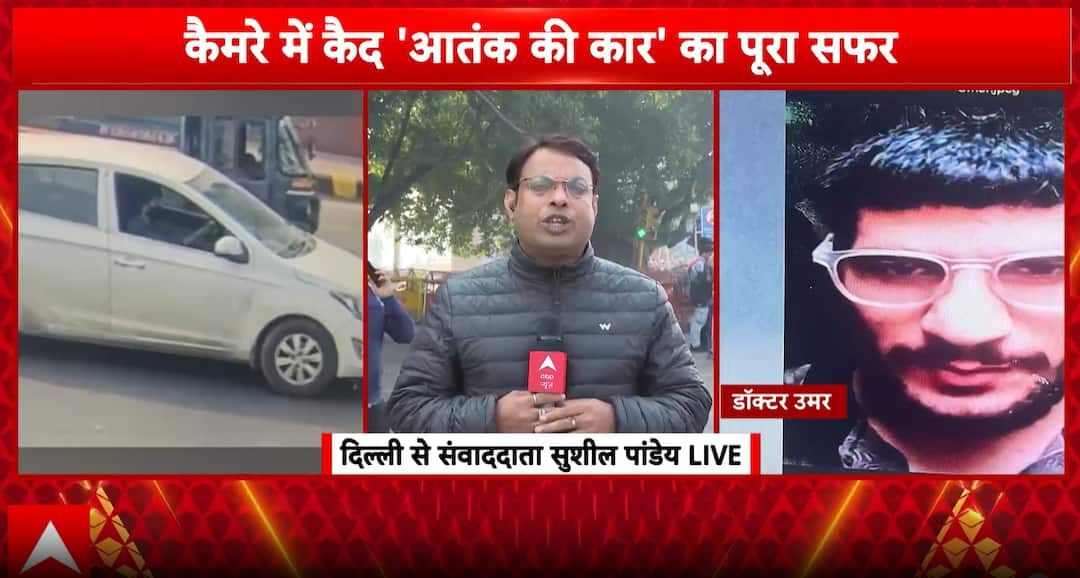Venus has always been known as Earth’s hostile twin, but new findings suggest it is becoming even more unpredictable for upcoming space missions. The planet already challenges spacecraft with extreme heat, crushing pressure, and corrosive clouds. Yet, scientists now believe its atmosphere is behaving in ways that increase the risks for orbiters, flybys, and potential landers. With multiple international missions planned for the next decade, this shift has pushed Venus back into focus for researchers who want to understand why the planet’s already severe hazards appear to be intensifying.During recent flybys, NASA’s Parker Solar Probe detected unexpected natural radio emissions from Venus’s upper atmosphere, revealing rapid and surprising changes in its ionosphere.
Why is Venus becoming more dangerous for future space missions
The main reason Venus poses new dangers is its shifting upper atmosphere. Earlier models suggested that Venus had relatively stable atmospheric layers, even if they were extremely harsh. However, the latest data indicate that the ionosphere can fluctuate rapidly in response to solar activity. These sudden changes affect atmospheric density and electrical conditions, which are crucial for navigation, communication, and thermal protection. For spacecraft engineers, this variability means descent paths, orbital stability, and shield performance can no longer be predicted as confidently as before. Instruments designed for one expected environment might suddenly face conditions that they were not built to handle.
Venus’ atmosphere dangers during spacecraft entry
Any spacecraft entering Venus must survive temperatures that can melt lead and pressures similar to being nearly a kilometre underwater. But the new concern is that atmospheric density appears to shift more than earlier missions suggested. Even small changes in density can alter how heat builds around a spacecraft during entry. If heat accumulates faster than designed, protective layers may fail. Variations in density also change descent speed and trajectory, making it harder for mission planners to calculate safe landing or floating altitudes. With Venusian storms and cloud movements adding further unpredictability, entry is becoming more dangerous than previous decades of data indicated.
How NASA findings link solar activity to rising Venus mission risks
One of NASA’s key observations is that Venus’s lack of a magnetic field leaves it vulnerable to the full force of the solar wind. High-energy particles from the Sun directly interact with Venus’s upper atmosphere, causing it to expand, contract, or change composition within short periods. When the Parker Solar Probe recorded natural radio emissions, it signalled that the ionosphere was thinner than expected during a solar minimum. This means that during solar peaks, the changes may be even more dramatic. For spacecraft, this translates to higher radiation levels, erratic drag forces, and disrupted communication signals. Orbiters must adjust constantly, while landers risk entering unstable atmospheric layers.
Why Venus’ surface conditions are harder to model now
Venus’s surface has always been extreme, with temperatures hovering around 475 degrees Celsius and terrain shaped by volcanic plains and ancient lava flows. Yet scientists now believe the surface environment may also experience slow but meaningful fluctuations. Hotspots may shift due to atmospheric movements above them, altering heat distribution on the ground. Some radar observations have even suggested recent volcanic activity, which would make certain regions riskier than previously mapped. If the surface environment is actively changing, landers must be designed with stronger, more adaptable shielding and shorter operational timelines.
Rising dangers for future Venus missions from multiple space agencies
NASA, ESA, and ISRO all have Venus missions planned, and each faces the same growing uncertainties. NASA’s VERITAS and DAVINCI missions aim to study the surface and atmosphere in far more detail, while ESA’s EnVision will focus on the planet’s geological evolution. ISRO’s Shukrayaan mission is expected to observe Venus’s atmosphere and surface interactions. All these missions require precise predictions of atmospheric drag, thermal conditions, and ionospheric activity. With Venus becoming more variable, agencies face increased engineering challenges, testing costs, and risk assessments. Mission delays or redesigns may become unavoidable if the atmospheric changes continue to accelerate.Venus has always been dangerous, but NASA’s latest findings show that it is becoming even more unpredictable for spacecraft. The combination of atmospheric variability, solar wind sensitivity, and evolving surface conditions creates a far more unstable environment than past missions experienced. As multiple space agencies prepare to return to Venus, understanding these new threats will be essential for designing safer, more resilient spacecraft. The planet may hold answers to Earth’s past and future climate, but unlocking those secrets now requires navigating one of the most volatile worlds in our solar system.Also read| The weird science behind why music gives you goosebumps Go to Source



